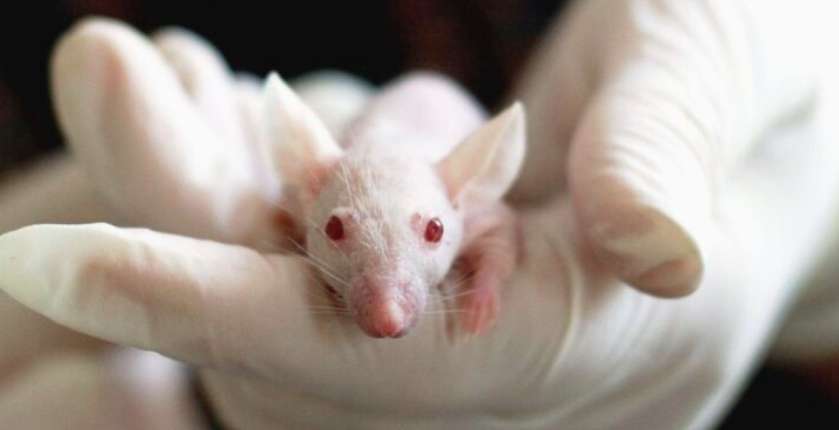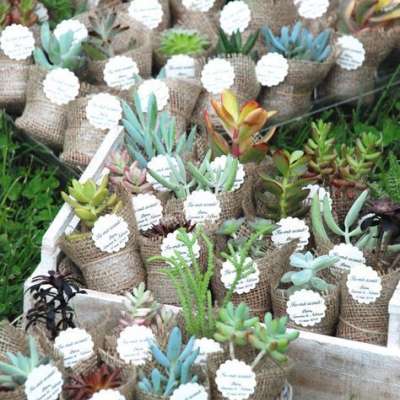Fragrance and Sustainability: What You Need to Know?

Fragrance is an integral element of everyday life and an essential component of who we are as individuals. However, while perfume, colognes, and body sprays bring us great satisfaction, we must acknowledge their prevailing environmental impact.
The perfume industry, like any enterprise, has an environmental footprint that needs to be managed and taken care of.
In this article, we'll cover the fragrance industry's ecological footprint, ethical sourcing of fragrance ingredients, future trends of ethical practices, and more.
The Impact of the Fragrance Industry on the Environment
As you may know, the scent industry is an extensive and expanding industry with a substantial environmental impact. Additionally, production, packaging, and transport consume a massive amount of energy, resulting in carbon emissions contributing to climate change.
What are Fragrance Companies Doing About This?
Amidst all the negative news surrounding the fragrance industry, there are glimmers of positivity.
Perfume companies are taking proactive measures to decrease their environmental footprint by implementing earth-friendly packaging solutions minimizing carbon emissions via renewable energy sources and adopting sustainable production practices.
Ethical Sourcing of Fragrance Ingredients
Many fragrance companies use fragrance ingredients derived from natural sources like flowers, fruits, and spices, which is a good thing. Nevertheless, the amplified requisition for these elements has led to a detrimental impact on natural resources worldwide.
Regrettably, some communities have suffered human rights violations as well. Consequently, it is incumbent upon fragrance businesses to acquire their aroma constituents in an ethical manner.
How Fragrance Companies Are Doing Their Part?
Many businesses are now adopting ethical sourcing practices by partnering with sustainable and ethical suppliers to produce 100% ethically sourced scents.
Beyond their dedication to crafting exquisite scents, several fragrance companies are taking a stand for supporting nearby communities as well as implementing just labor practices. This serves as a means of ensuring that every ingredient found in their perfumes is obtained from sustainable and ethical sources.
Animal Testing and Fragrance Development
Animal testing has long been a controversial issue in the perfume industry for a long time now. While some companies continue utilizing animals to conduct safety and efficacy trials during the fragrance development stage, animal tests are cruel and excessive.
In addition, there are more accurate and humane options, such as computer modeling and other more ethical sources of testing, which deliver more precise data analysis than animal models.
Now more companies than ever before are embracing cruelty-free policies and no longer testing products on animals. This is great news for animal enthusiasts who also enjoy perfumes! So if you're searching for a specialty perfume, such as a wedding perfume made without animal testing, many cruelty-free choices exist today.
The Future of Ethical Fragrance Practices
The fragrance industry is ever-evolving, with ethical practices becoming ever more meaningful. Hopefully, we should see more companies adopt sustainable and ethical methods into their operations to reduce environmental impacts while producing cruelty-free and ethically sourced products.
However, as consumers, we also play an integral part in ensuring the scent industry becomes more ethical and sustainable. By supporting companies that adopt ethical practices, we send a message that ethical practices are paramount to us. We can also lessen our own environmental impact by selecting eco-friendly perfumes and reducing our overall consumption.
Future Trends in the Fragrance Industry
As we become more mindful of environmental and ethical concerns, fragrance industry practices are moving toward more eco-friendly techniques. Here are a few trends we should expect in the future:
● Increased Transparency: With customers becoming more educated on ingredient sourcing and production practices, businesses will need to become more forthcoming about their practices and sourcing.
● Innovative Sourcing Methods: Companies will explore alternative means of procuring ingredients, such as using biotechnology to develop synthetic renditions of natural ingredients or cultivating sustainable crops under controlled environments.
● Refillable or Reusable Packaging Options: Companies may provide refillable or reusable options for their fragrances' packaging to minimize waste.
● Local Sourcing Options: Companies could source ingredients locally to lower carbon emissions while supporting local communities.
By adopting these trends and continuing to innovate, fragrance companies can work toward more eco-friendly practices in their business practices.
Likewise, consumers can support such practices by purchasing from companies that prioritize sustainability and ethical concerns when shopping for products from retailers.
In Conclusion
The fragrance is integral to our lives, but we must also acknowledge its environmental impact. By adopting sustainable and ethical practices, the scent industry can reduce its environmental impact during fragrance development and ensure that scent ingredients are ethically sourced.
As consumers, we can also play a role by supporting companies who choose to adopt ethical practices and reduce our environmental impact. So let's work together to find the proper balance between fragrance and sustainability.
Read more about bridal perfumes here.













